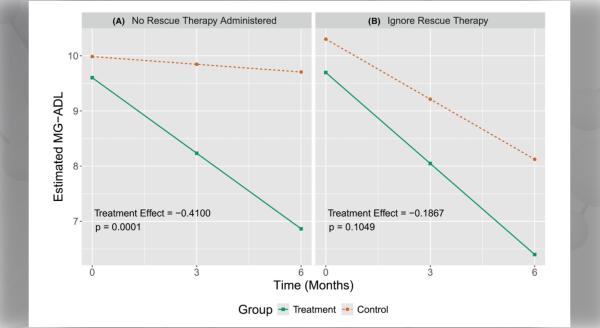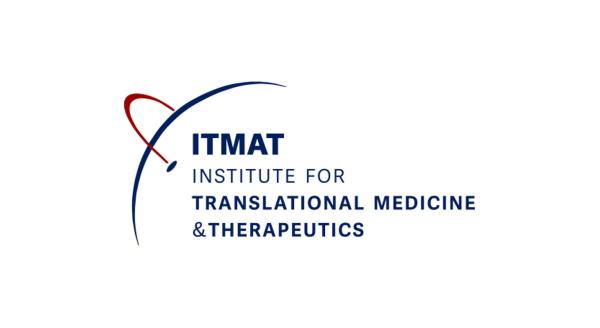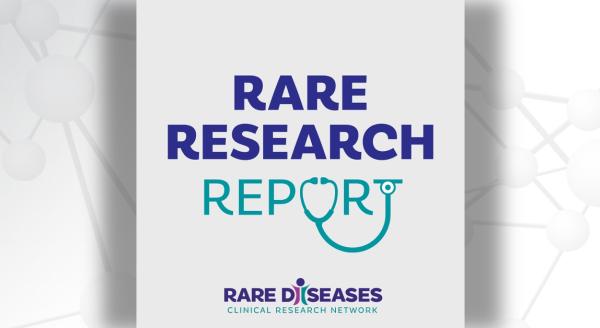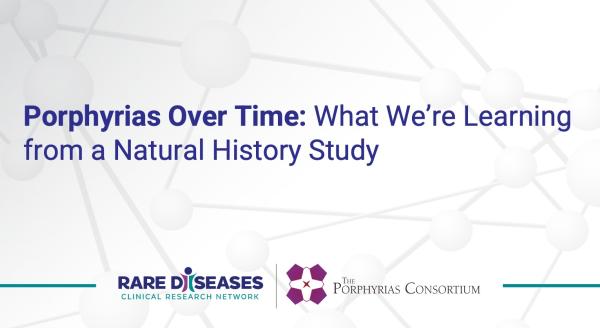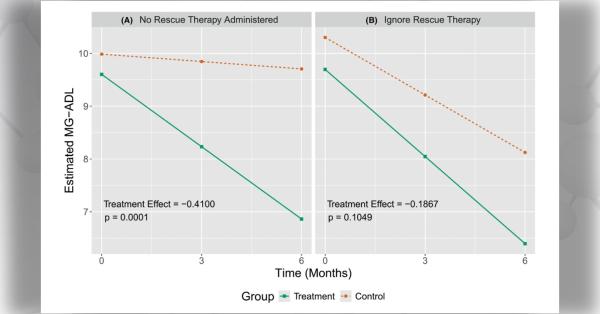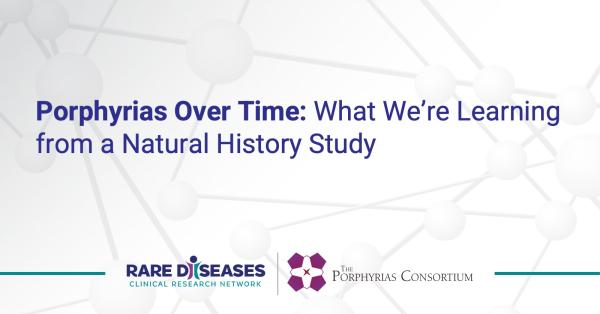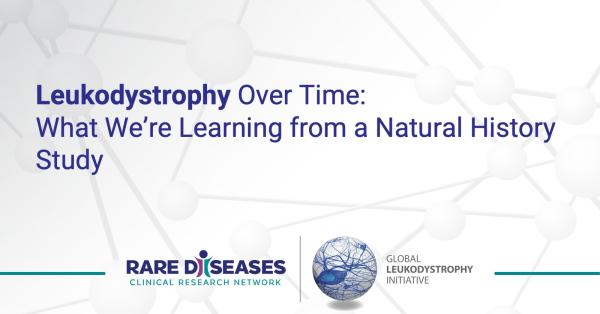The Rare Kidney Stone Consortium (RKSC) is a multicenter, international organization of diverse participants and efforts that studies four major hereditary causes of kidney stones. The Consortium was created in 2009 as part of the RDCRN and is centered at The Mayo Clinic in Rochester, Minnesota, where the principal investigator (PI) Dr. Dawn Milliner is a pediatric and adult nephrologist. RKSC's mission is to facilitate cooperative exchange of information and resources among investigators, clinicians, and patients in order to improve care and outcomes for those affected by rare kidney stone diseases. A key method for achieving these goals has been to establish and expand registries, biobanks, and collaborations with patient advocacy groups (PAGs) in order to rapidly disseminate knowledge. In addition to providing important information about disease course and the potential effects of intervention, the registries will be a source to identify potential cohorts of well-characterized patients for future clinical studies. The consortium aims to generate testable hypotheses regarding mechanisms of renal injury in these diseases through registry findings, use of biobank tissue resources, and pilot projects.
Disorders Under Study
The four disorders currently studied by the RKSC have some similarities since some affected patients develop chronic kidney disease (CKD), in addition to kidney stones. The potential for CKD is perhaps most notable in primary hyperoxaluria (PH). Dr. Milliner leads the consortium's efforts in this disease. PH can be caused by at least 3 separate mutations of liver enzymes that lead to excessive production of oxalate that is then excreted into the urine causing hyperoxaluria. Calcium oxalate kidney stones and kidney failure can result. Kidney transplantation is necessary if kidney failure ensues. Some patients can benefit from a liver transplant which has been shown to correct the hepatic abnormality in type I PH. The second disease studied by the RKSC is cystinuria, a disorder that occurs due to defective reabsorption by the kidney of the amino acid cystine. Since cystine is poorly soluble, kidney stones commonly result. The cystinuria program is led by Dr. David Goldfarb, a nephrologist at the NYU Langone Medical Center. The third disease studied by the RKSC is adenine phosphoribosyltransferase (APRT) deficiency. When the liver enzyme APRT is defective excessive urinary levels of dihydroxyadenine (DHA) result, another poorly soluble material that can form kidney stones and cause kidney failure. The APRT program is led by Dr. Vidar Edvardsson, a pediatric nephrologist, and Dr. Runolfur Palsson, an adult nephrologist, at Landspitali Hospital in Reyjkavik, Iceland. The fourth disease currently in the RKSC is Dent disease, a disorder caused by mutations in at least two different genes. Patients with Dent disease manifest low molecular weight proteinuria, often have hypercalciuria, and can develop kidney stones and CKD. Mutations in one of the two Dent-causing genes can also cause Lowe Syndrome, a more serious syndrome with kidney manifestations similar to Dent disease, but also affecting eye and brain function. It's not completely clear why some patients with a mutation affecting the same gene get Dent disease and others Lowe syndrome. The Dent Program is led by two nephrologists Dr. John Lieske at The Mayo Clinic, and Dr. Lada Beara-Lasic at NYU.
The RKSC recently published a paper reviewing all of these disorders in Pediatric Nephrology: "Hereditary causes of kidney stones and chronic kidney disease", currently online at: http://www.ncbi.nlm.nih.gov/pubmed/23334384.
Consortium Registries
There are currently 524 patients enrolled in the four registries (PH, cystinuria, APRT deficiency, Dent disease) worldwide. In addition to the individual disease registries and biobanks, the RKSC has active protocols in all 4 disorders. Four protocols are being conducted and two more are approved and will soon be in recruitment phase. Dr. Milliner is the PI for clinical study of the role of hydroxyproline in production of oxalate. At NYU, cystinuria focused studies are in recruitment phase. Dent disease has currently one protocol actively recruiting patients and two pending protocols.
Broad Collaborations
The RKSC is jointly funded by the National Institute of Diabetes and Digestive and Kidney Diseases (NIDDK) and the Office of Rare Diseases Research (ORDR), both at the National Institutes of Health. National participating institutions include The Mayo Clinic, NYU Medical Center, University of Colorado Health Sciences Center, Children's Memorial Hospital, University of Chicago, University of California, Davis and Harvard Medical School. International participating institutions include Landspítali University Hospital in Iceland, the University of Padua in Italy, Seoul National University Children's Hospital in Korea, Vrije Universiteit Amsterdam in the Netherlands, McGill University in Canada, Sick Kids Hospital of Toronto, the University of Barcelona in Spain, the University Children's Hospital and the University of Bonn in Germany. RKSC also enjoys fruitful collaborations with affiliated patient advocacy groups (PAGs) that include the Oxalosis and Hyperoxaluria Foundation (OHF), the International Cystinuria Foundation (ICF), the Cystinuria Support Network (CSN), the Lowe Syndrome Association, and the APRT Deficiency Support Network. A Dent disease PAG is currently being established by the members of Dent disease registry with support of the RKSC.
Training Mission of the Consortium
A key mission of the RKSC is training of young investigators in rare disease research. Dr. Lada Beara-Lasic has benefitted from this program to successfully develop her interest in Dent disease and other rare and common kidney stones. She has actively participated in creating the Dent disease registry, participated in creating research protocols for Dent disease, as well as actively recruited patients and has encouraged and supported forming the Dent PAG and patient-centered activities. She introduced to our consortium social media to promote awareness of Dent disease. Dr. Beara-Lasic is a PI on a pending protocol studying the role of phosphorus in the stone formation associated with Dent disease. Applications for the next group of RKSC trainees are currently under review.
Patient Support Group
The RKSC held an international patient meeting in London, UK at the Royal Free Hospital on December 13, 2012. Patients with all 4 kidney stone disorders, British physicians and researchers were all present. Attendees had the opportunity to learn about their diseases and to sign up for RKSC registries. Disease-specific break-out groups allowed participants to interact, spend time together, and ask detailed specific questions. A United States RKSC patient day is planned for June 8, 2013, in Rochester, MN. RKSC investigators will hold a planning session at NYU in February 2013 and an annual retreat at the Mayo Clinic in September 2013.
Lama Nazzal, MD
Additional Information:


